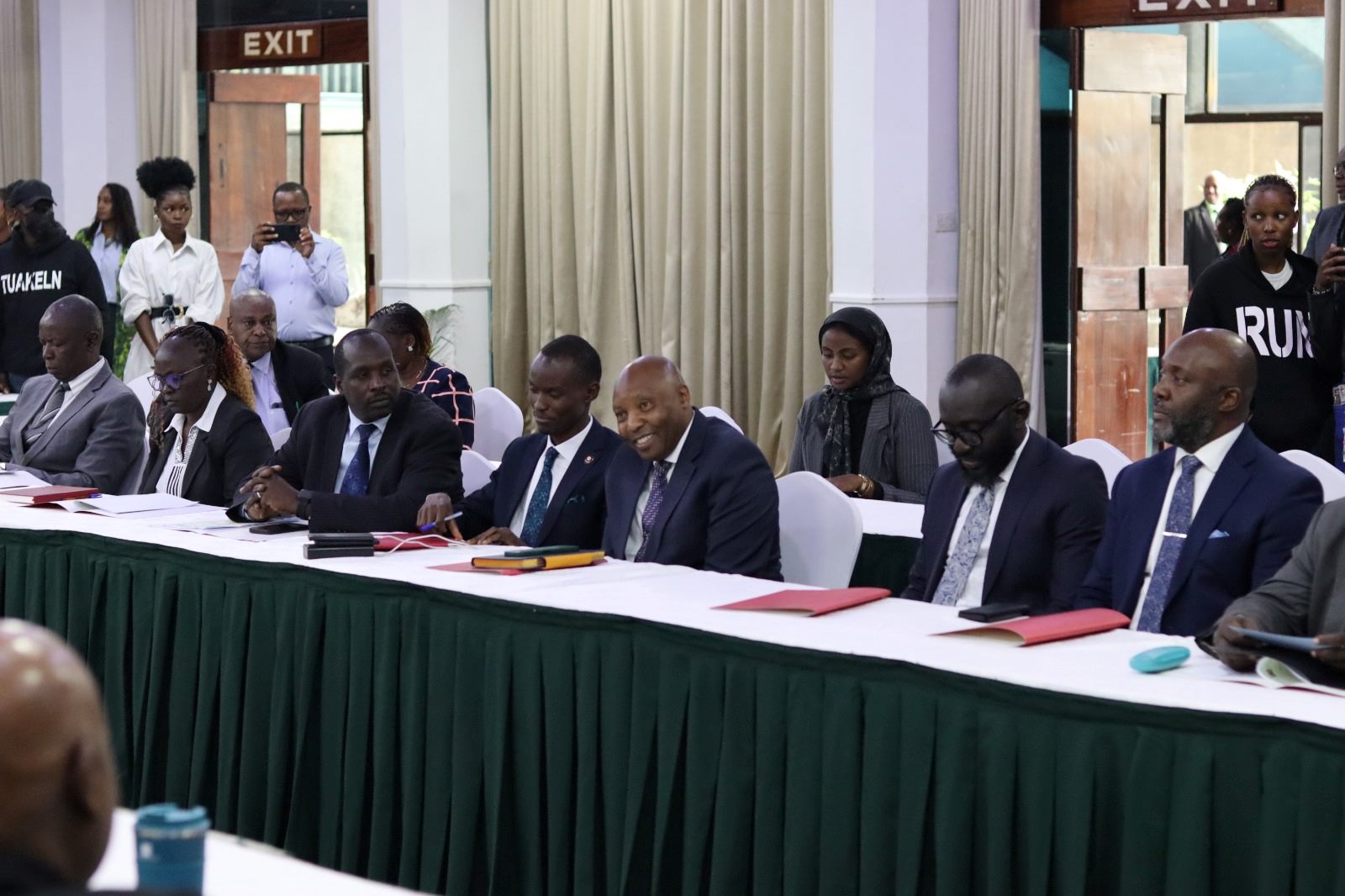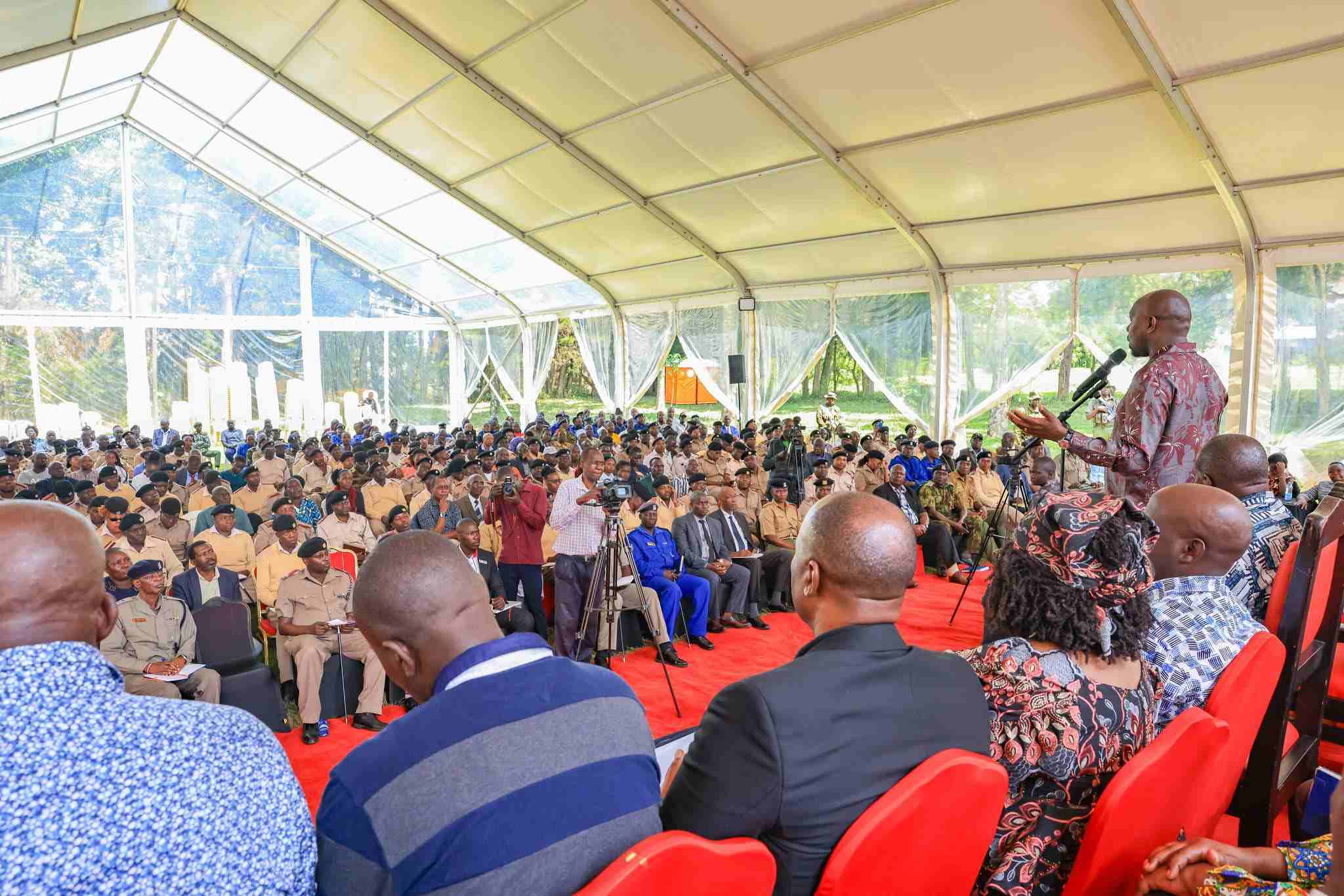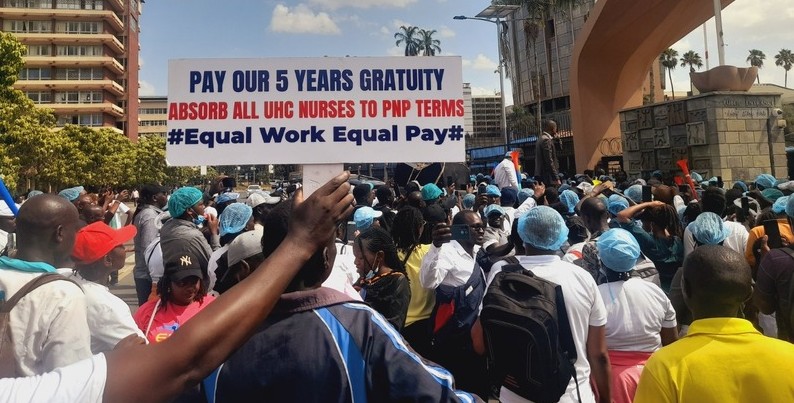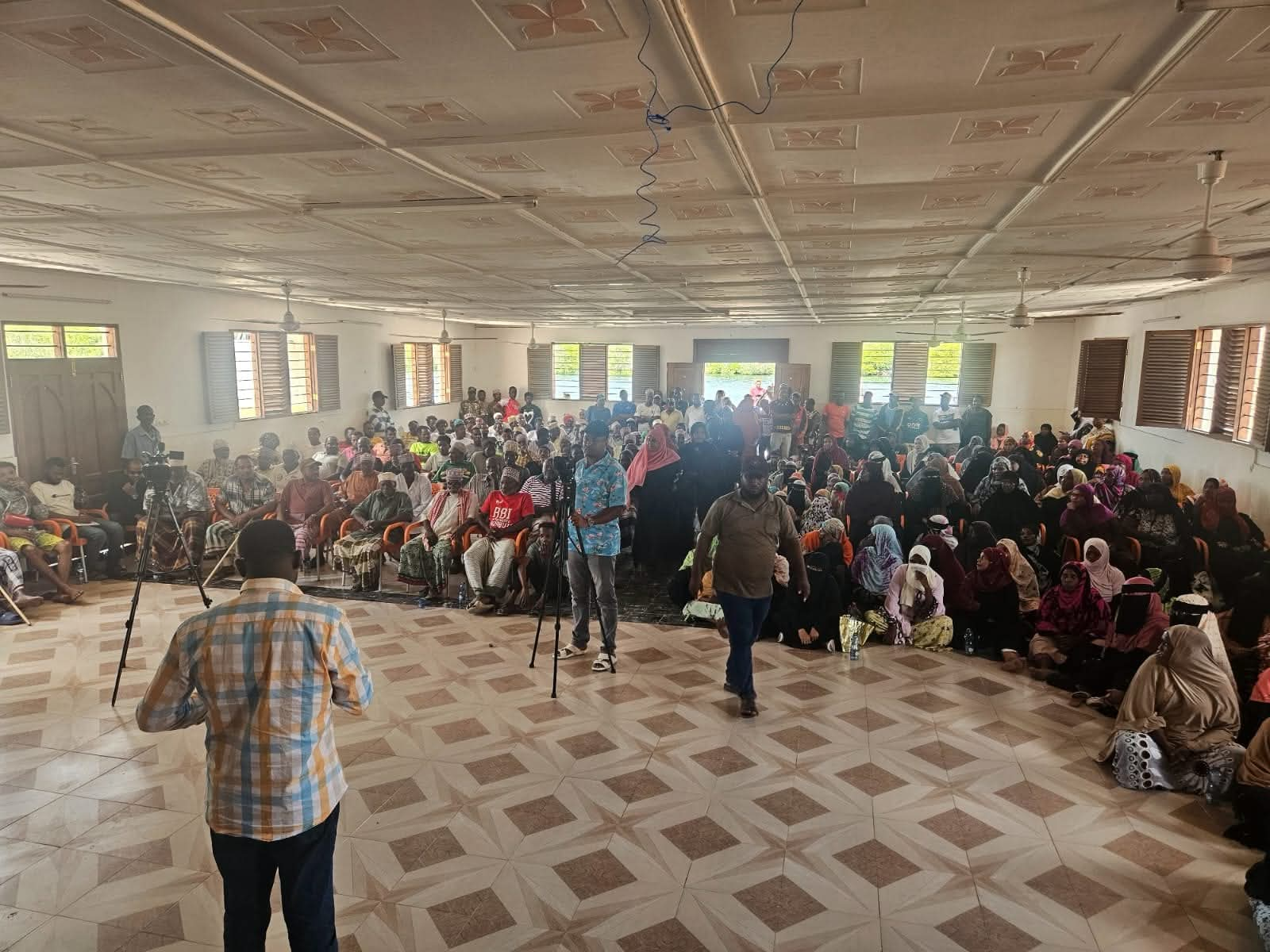Controller of Budget backs e-procurement system but faults National Treasury for "chaotic" rollout

So far, many procuring entities have been unable to upload their budgets and procurement plans, stalling procurement across ministries and agencies.
Controller of Budget Margaret Nyakang’o has criticised the National Treasury for mishandling the rollout of the electronic government procurement system (e-GPS), warning that poor change management may be fuelling resistance among procuring entities.
While the CoB backed the shift to electronic procurement, she said the rollout was chaotic and poorly planned.
More To Read
- Government sets September 19 deadline for migration to e-procurement system
- State officials flock to Geneva, New York and Dubai despite travel limits - CoB
- CoB warns of pending bills, identifies key contributors to Sh25 billion fines
- Controller of Budget report flags widespread delays in government projects, weak target monitoring
- 1,420 public agencies now on government’s e-procurement platform
- Counties not against e-procurement, just need a functional system - CoG Chair Ahmed Abdullahi
Her remarks come amid growing debate over the e-GPS, which both state agencies and suppliers have struggled to adopt since its launch on July 1. The government had directed that all procurement for the 2025/26 financial year be conducted exclusively through the platform.
So far, many procuring entities have been unable to upload their budgets and procurement plans, stalling procurement across ministries and agencies.
Nyakang’o weighed in on the rollout, noting that although the shift from manual procurement to e-GPS was poorly managed, procuring entities have no choice but to embrace the system.
“I can tell you, because I am an expert in change management, that is not how you implement change. You must implement change in a certain way; there are certain things you must do to implement change,” she said, adding that the government needed an electronic procurement system.
“That said, we need e-GPS. Even though the change has not been managed properly and therefore, it is going to create a lot of problems, we must make the best of a bad situation.”
Nyakang’o urged entities to stop resisting the system, comparing the backlash to early opposition to the Integrated Financial Management Information System (IFMIS).
“Do not keep protesting, saying it is going away. It is not going away. People have complained about IFMIS and have been complaining to date. Did we stop using it? Please get used to e-GPS. We are all in it, and the sooner we start using it, the better,” she said.
The system is expected to complement IFMIS, which automates budgeting, expenditure tracking, payment processing and reporting, but did not digitise the tendering process.
Rolled out in 2005, IFMIS was met with resistance from county governments and critics who argued it was flawed and open to manipulation. The government, however, maintained that the system was nearly foolproof, insisting rejection of IFMIS stemmed from sabotage and resistance by those benefiting from manual processes.
In 2015, the government admitted hackers had breached IFMIS and authorised illegal payments.
The Auditor General’s 2023/24 report also faulted IFMIS for inadequacies that often led to the loss of public funds. The e-GPS is expected to go further by digitising the tendering process.
Despite this, the rollout has had a faltering start, with many state agencies yet to procure anything since July 1. Several entities struggled to onboard, with most only managing to access the system this week.
Public Investments and Assets Management Principal Secretary Cyrille Odede said all ministries, departments, agencies, independent commissions and offices have now been registered on e-GPS, paving the way for end-to-end electronic procurement.
He added that the system is expected to reduce the cost of goods, works and services, enhance transparency, improve efficiency by shortening procurement cycles, and ensure better value for money.
Top Stories Today












































